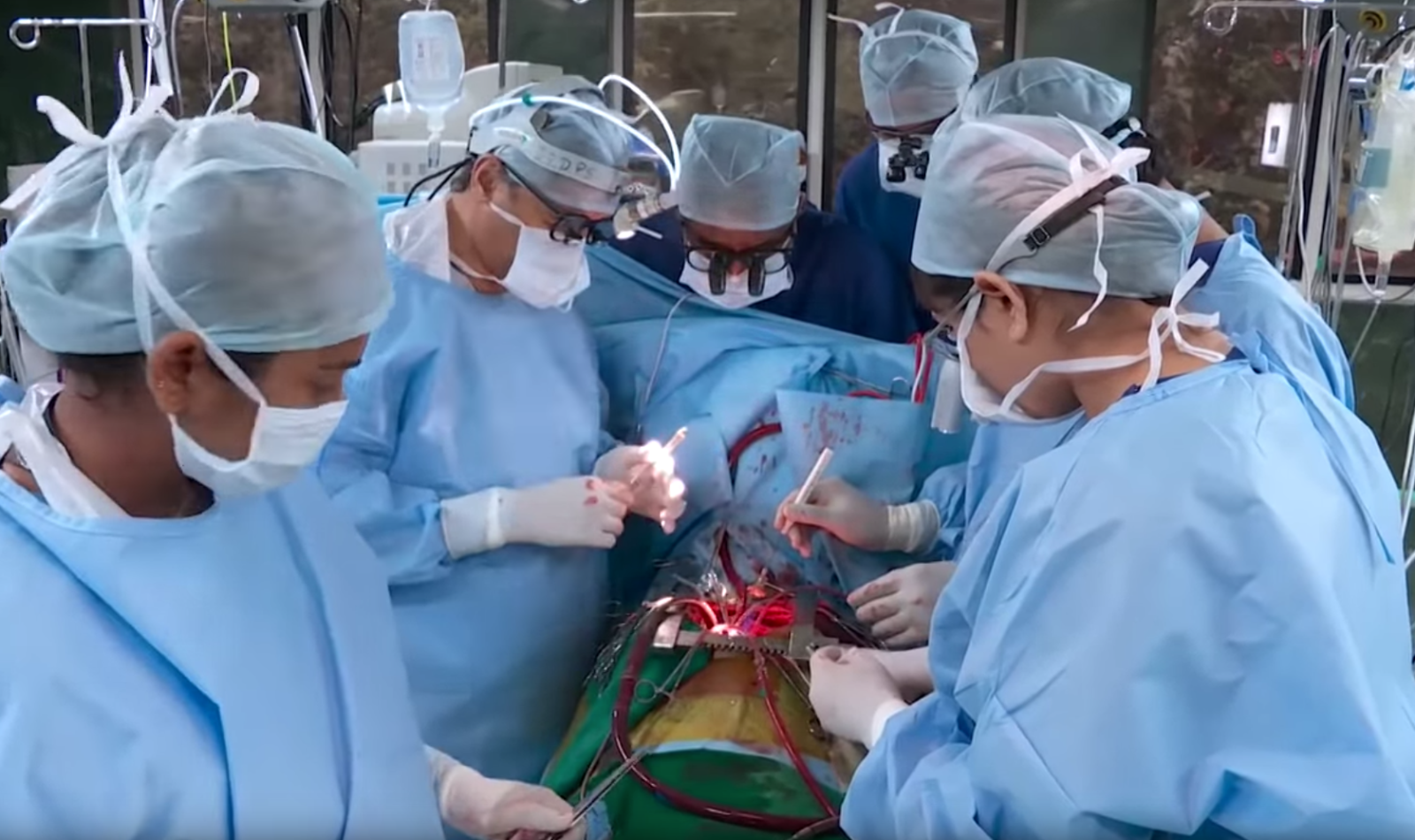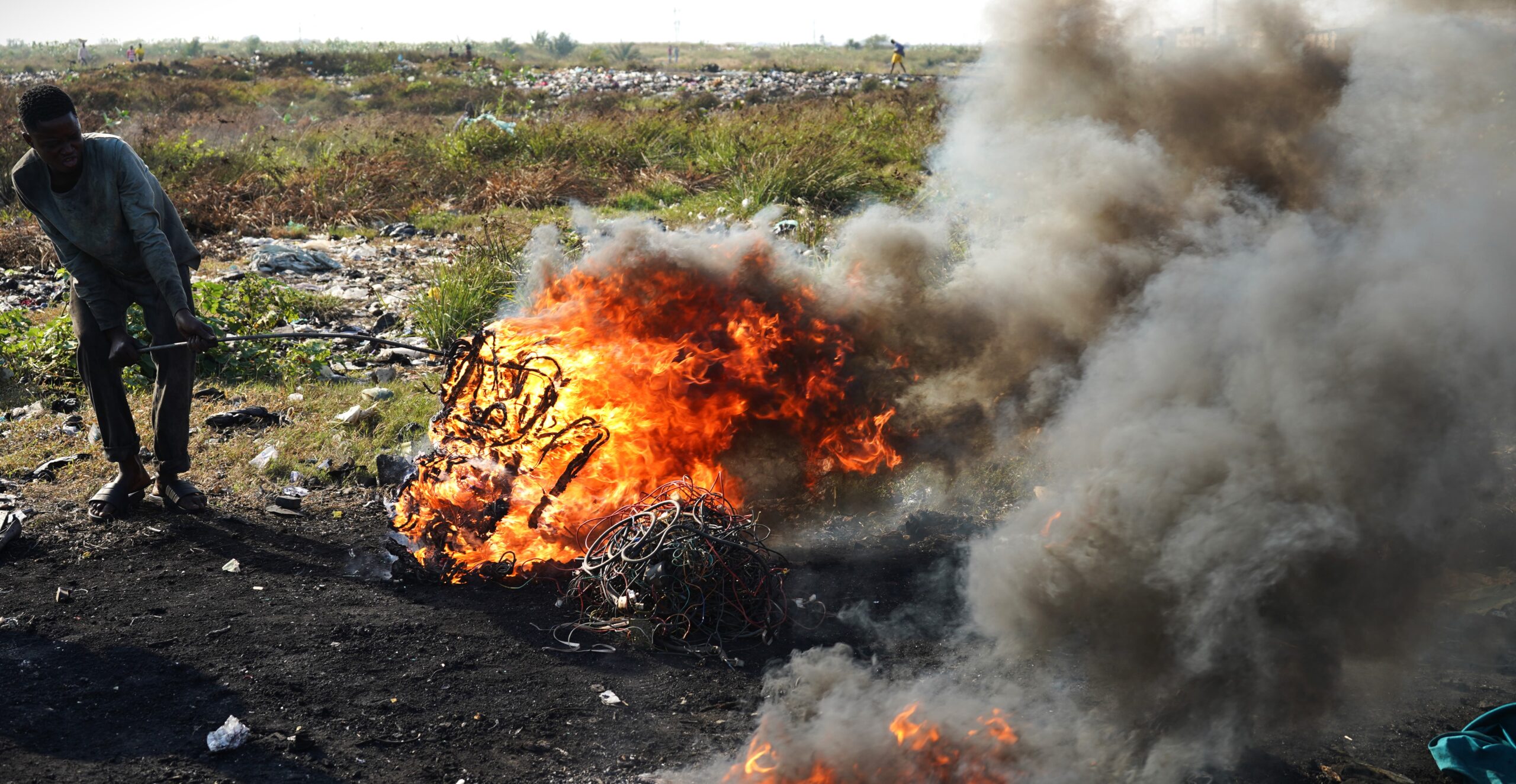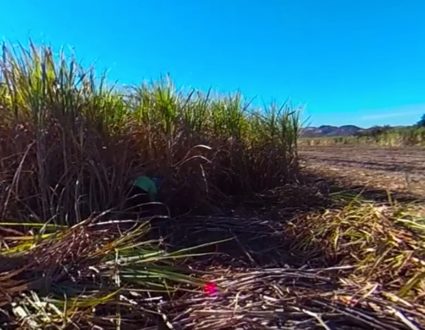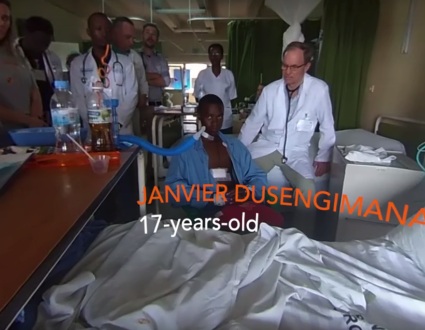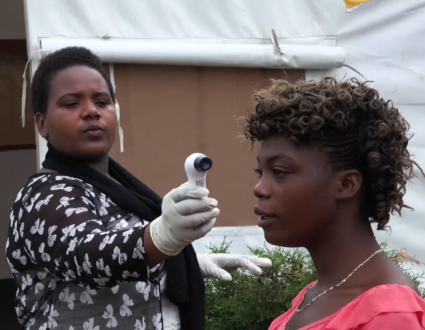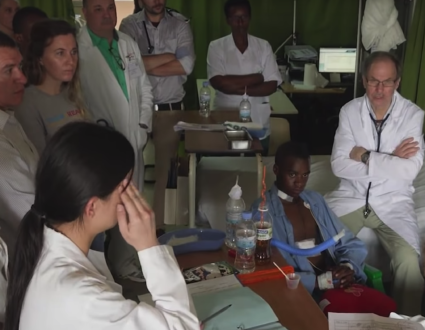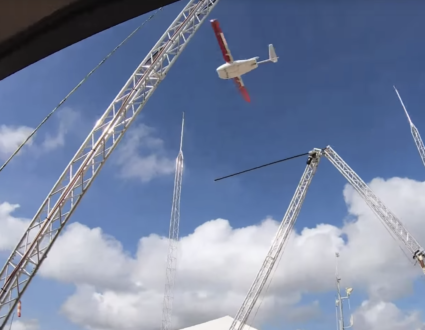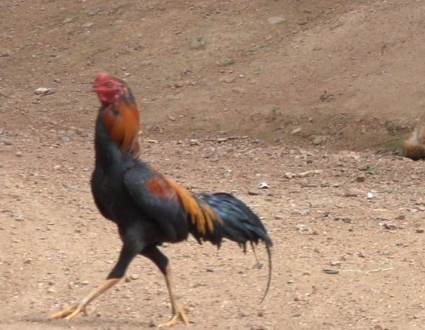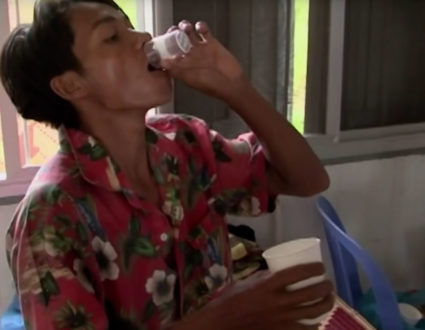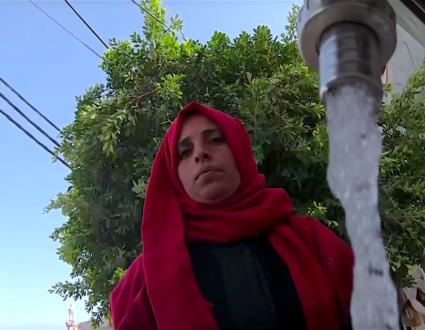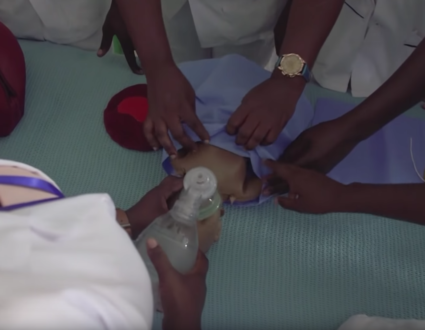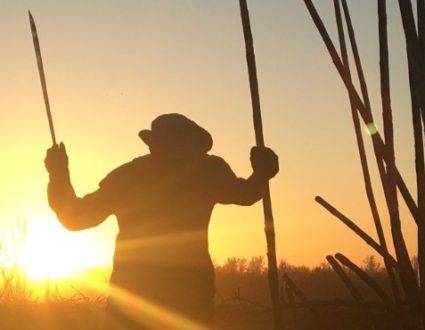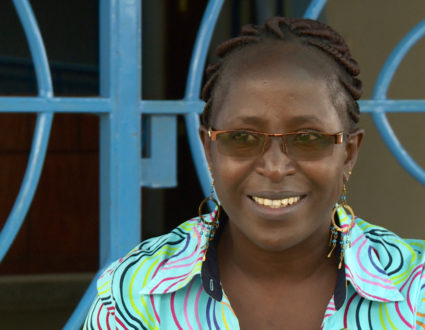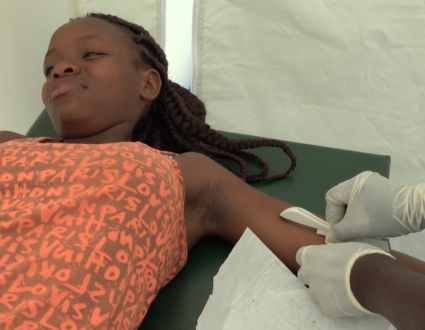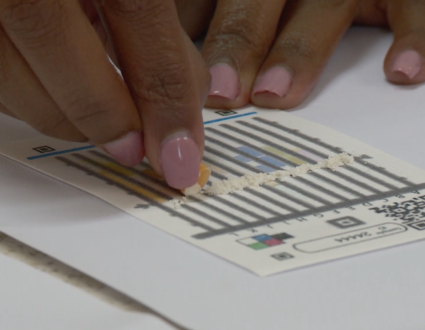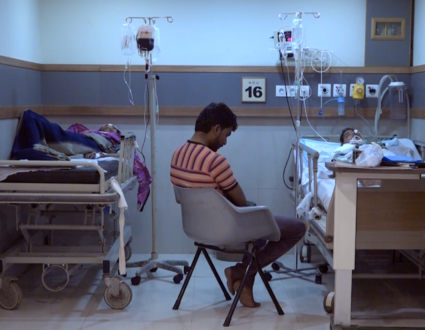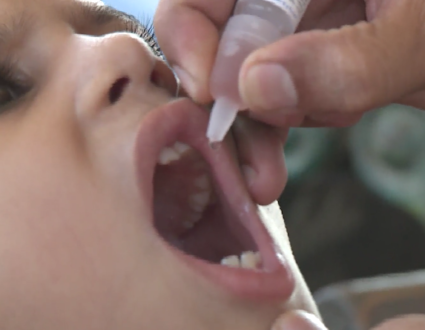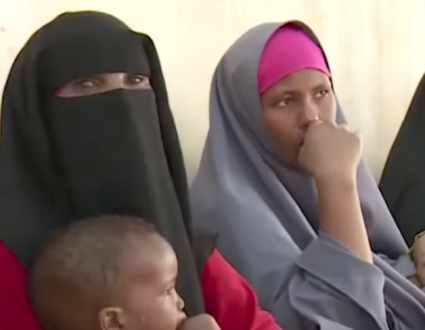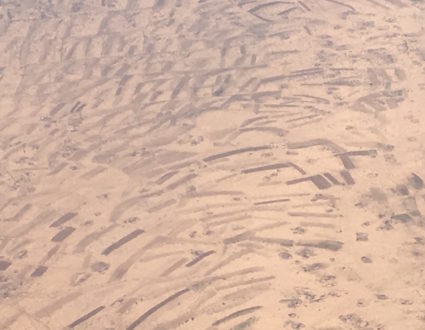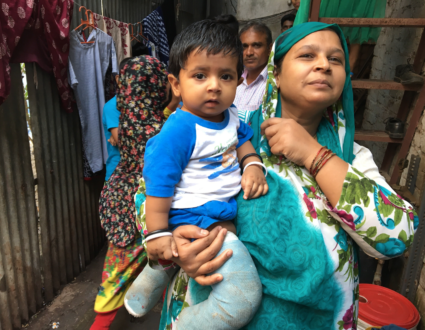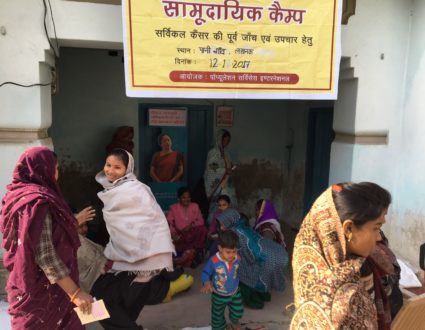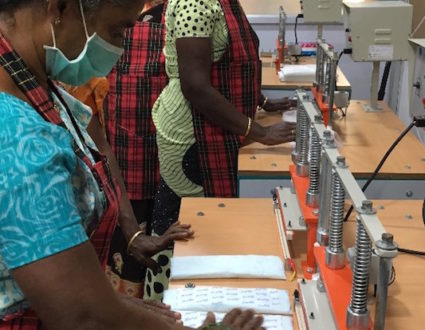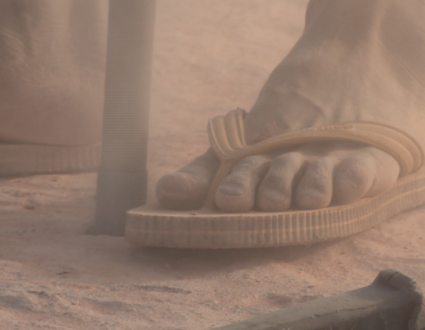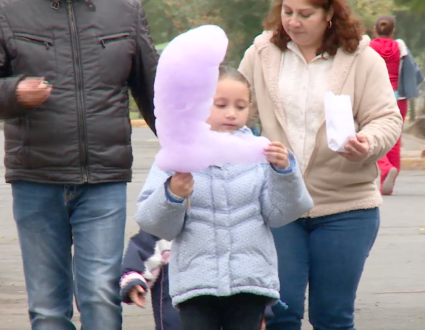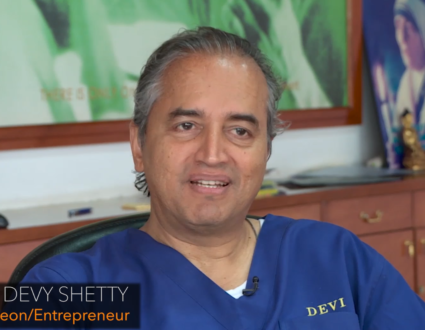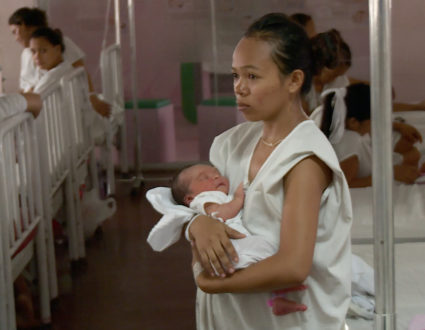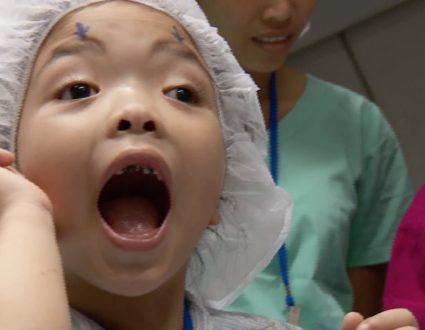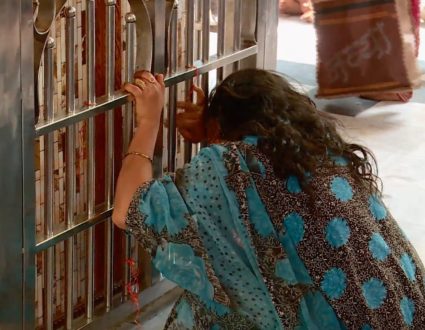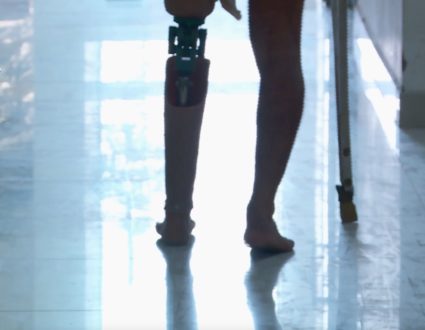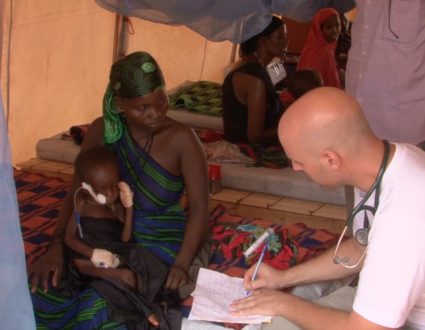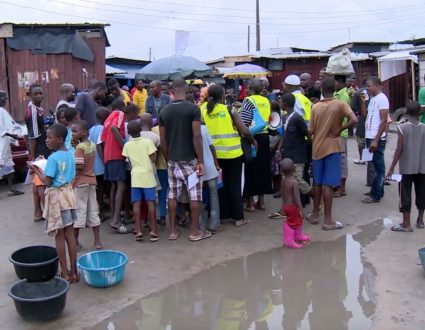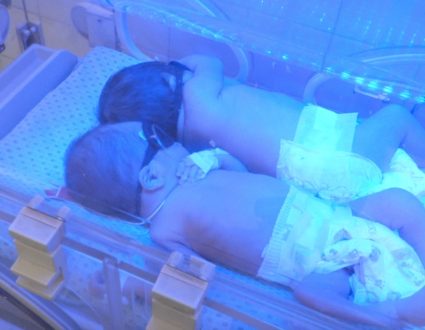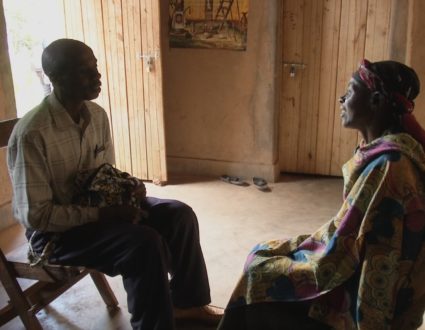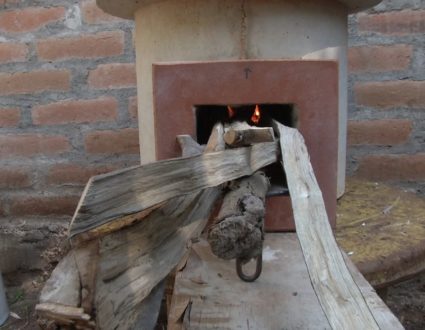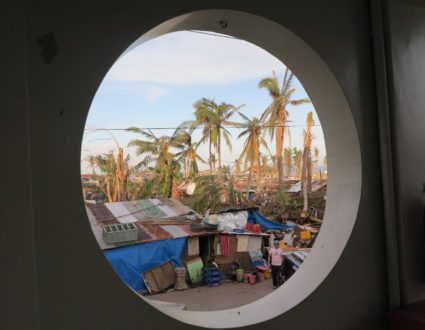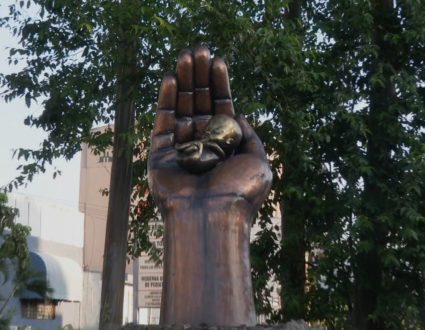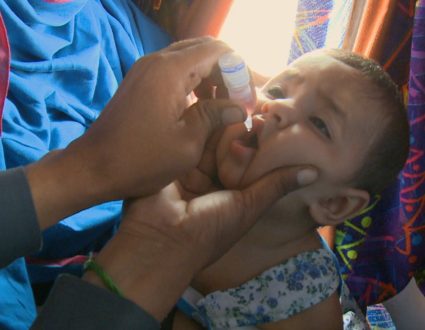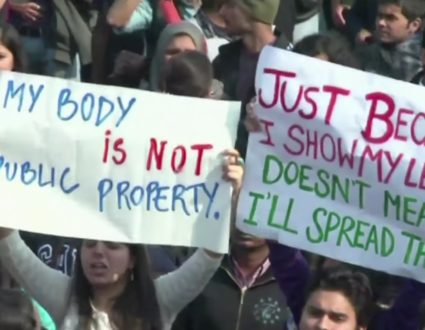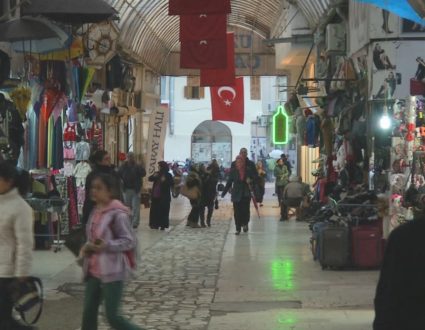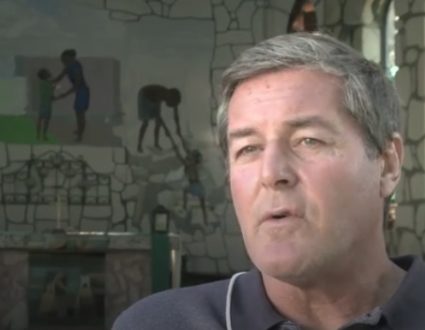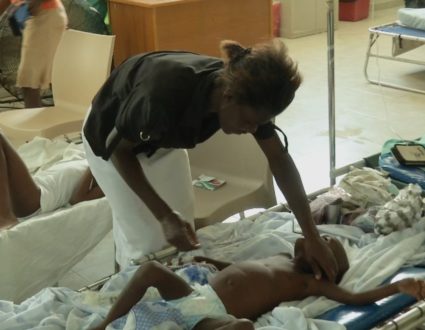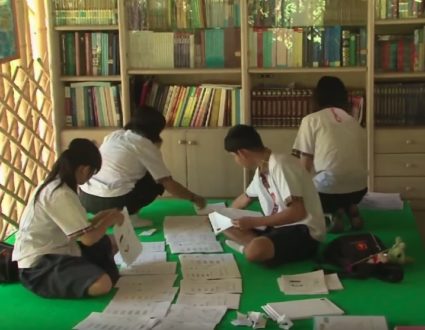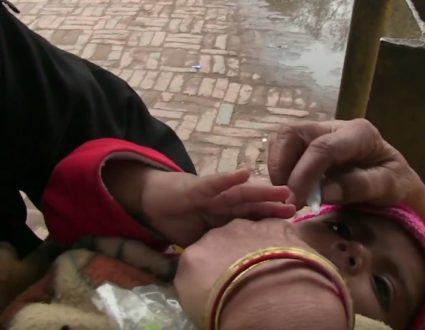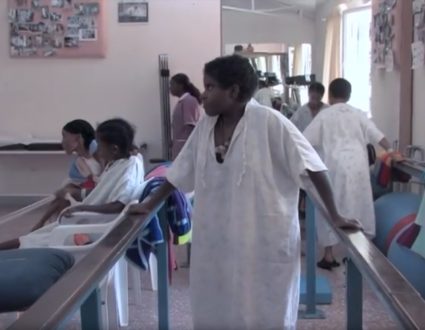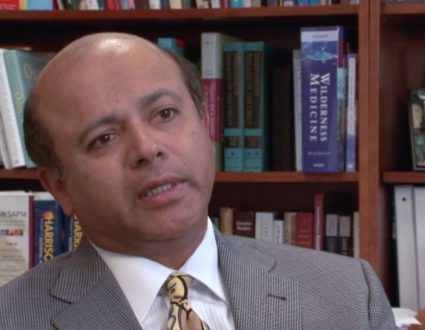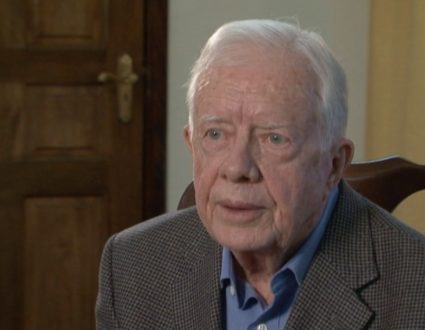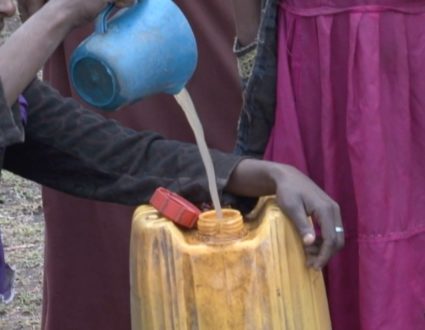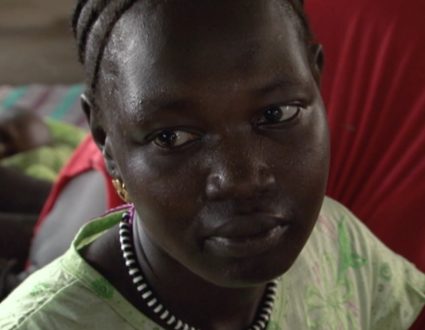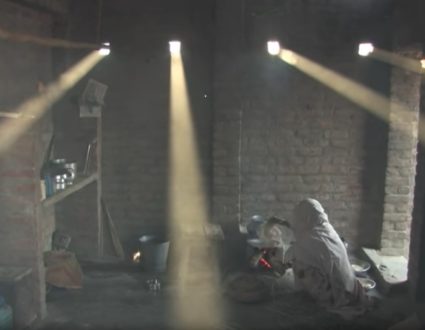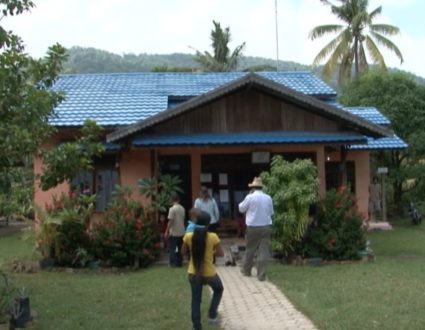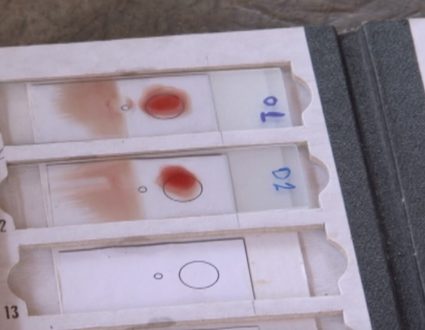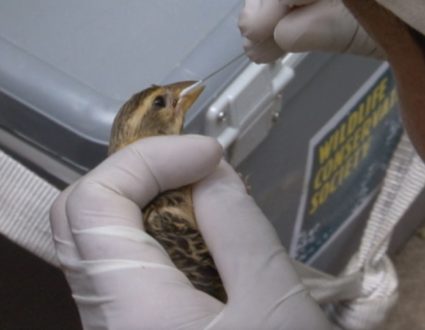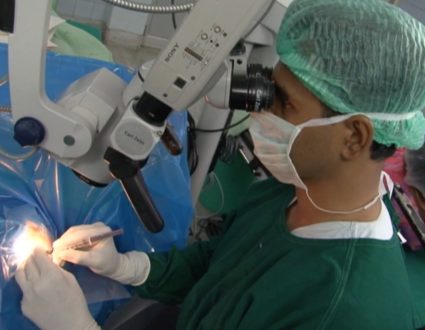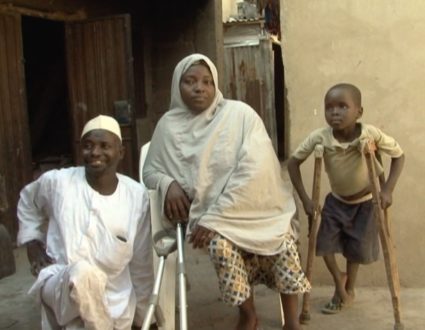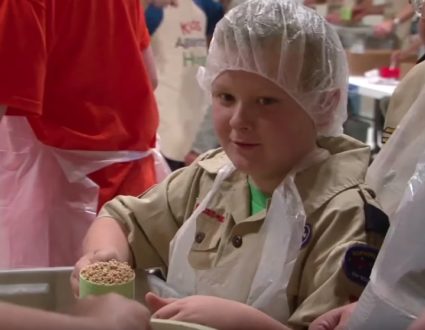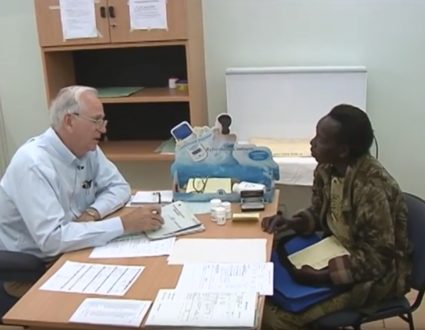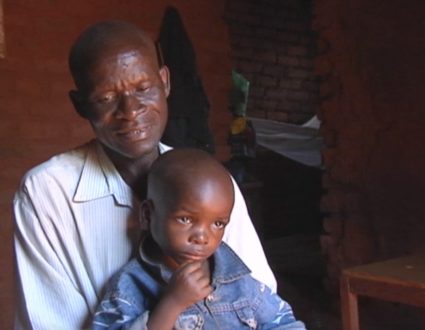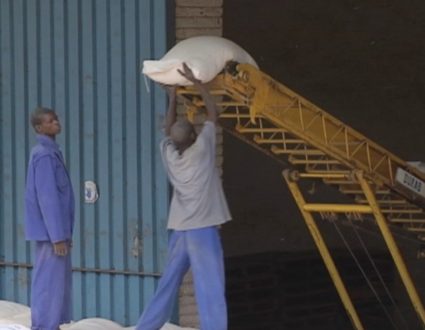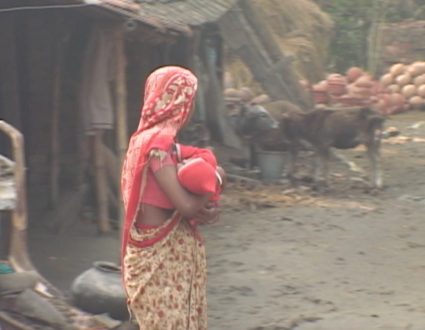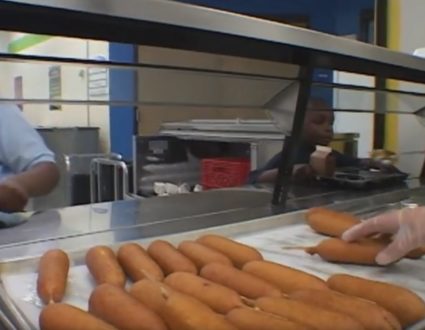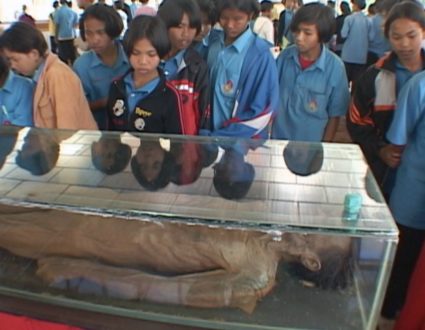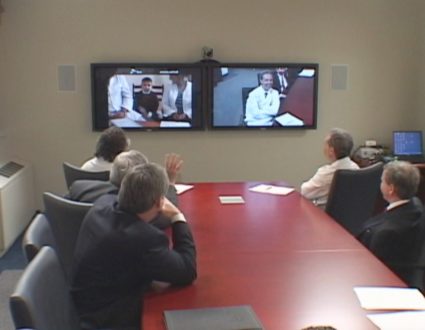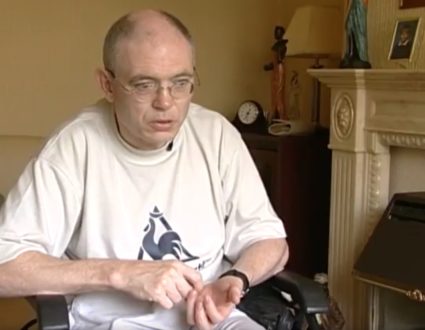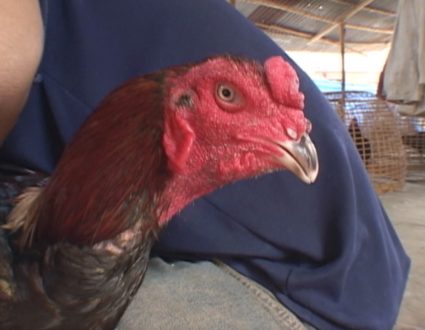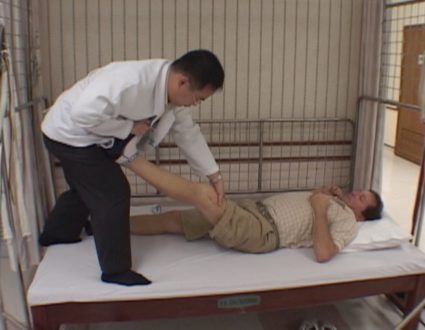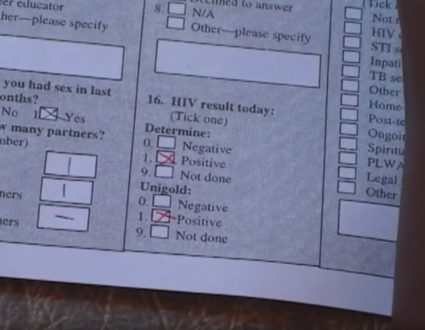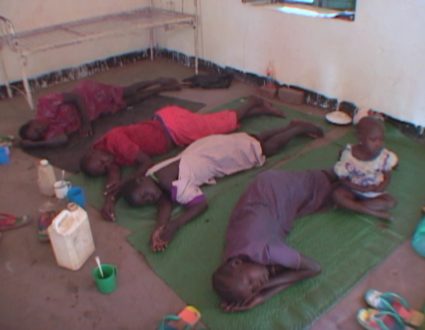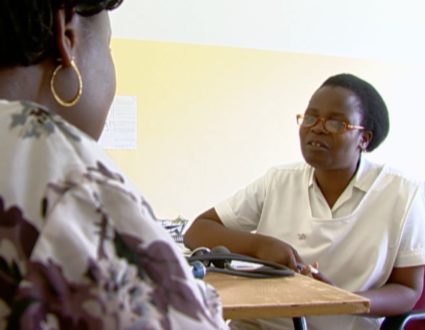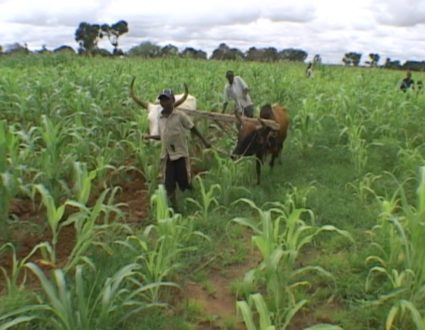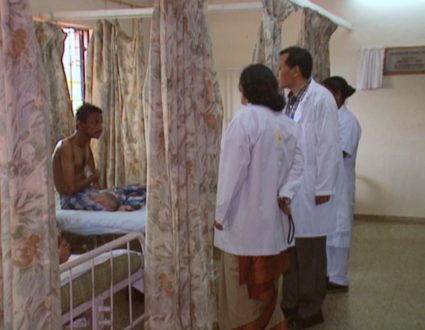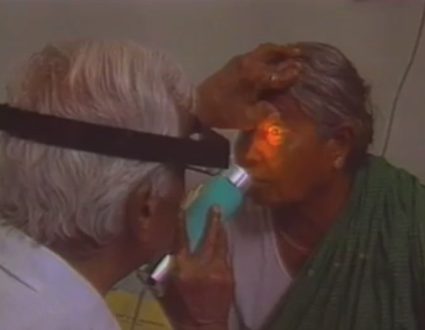GWEN IFILL:Next: the story of a man who’s been called the Henry Ford of heart surgery.Fred de Sam Lazaro reports from India. It’s part of his ongoing series Agents for Change. A warning: Some images may be disturbing.
DR. DEVI PRASAD SHETTY, Founder, Narayana Health:Hole in the heart. It’s one of those standard procedures.
FRED DE SAM LAZARO:It is especially standard for 62-year-old Devi Prasad Shetty, one of the world’s most prolific heart surgeons.
DR. DEVI PRASAD SHETTY:I do now about one or two surgeries a day, and we work six days a week. My colleagues, some of them do four surgeries, five surgeries a day.
FRED DE SAM LAZARO:Anywhere from 25 to 35 open heart operations are performed in the theaters here every day, many on babies, making this by far the largest cardiac care facility in the world.It’s part of a fast-growing for-profit chain called Narayana Health, offering top-notch surgery, like this complex valve replacement, at rock-bottom costs.
DR. DEVI PRASAD SHETTY:This patient would have paid us about $2,500 to about $3,000, but in the U.S., an operation of this nature would cost, I guess, more — anything from $30,000, $100,000.
FRED DE SAM LAZARO:Dr. Shetty founded Narayana Health 15 years ago. It serves wealthy patients and some medical tourists. But he says the goal is to bring the latest advances in cardiac surgery to the poor.
DR. DEVI PRASAD SHETTY:It’s pointless we’re talking about huge developments in cardiac surgery or a brain operation or a complex cancer surgery if the common man cannot afford it. If a solution is not affordable, it is not a solution.
FRED DE SAM LAZARO:In other words, making it affordable is as critical as the surgery itself.
DR. DEVI PRASAD SHETTY:I see 70, 100 patients a day. A typical patient of mine is a little kid on a mother’s lap.
DR. DEVI PRASAD SHETTY (through interpreter):He has a leakage in the valve of his heart. He needs an operation.
FRED DE SAM LAZARO:The surgery carries risks, Shetty warned.
WOMAN (through interpreter):Sir, he is my only child. That’s all I want to say.
DR. DEVI PRASAD SHETTY (through interpreter):I will do everything possible. God will make it all right. Don’t worry.
FRED DE SAM LAZARO:It’s a scene repeated several times a day, Shetty says, and the tears, the anguish are not always just about whether the surgery will be successful.
DR. DEVI PRASAD SHETTY:I tell the mother that the baby requires a heart operation, and she has only one question, how much it is going to cost.And I tell her that it is going to cost 80,000 rupees, which she doesn’t have, and that is the price tag on the kid’s life. She comes up with 80,000 rupees, she can have the baby. If she does not have 80,000 rupees, she going to lose the kid.
FRED DE SAM LAZARO:That’s about $1,300, a lot of money in India, where hundreds of millions earn $2 a day or less, a country where 80 percent of all medical bills are paid out of pocket. A few patients receive care from a charitable trust Narayana set up, but Shetty says most have scrounged together the resources before coming here.
DR. DEVI PRASAD SHETTY:They virtually sell everything that they have and come for treatment. Half the country’s population borrow money or sell assets to pay the medical bills.
FRED DE SAM LAZARO:The parents of 5-month-old Manoj borrowed about three times their monthly income as rural farm laborers just to figure out why the child wasn’t thriving.
HEMAKSHI SIVAPURA, Mother (through interpreter):He was not taking his milk properly, he had fevers and cough, so we took him to see the doctor. They told us he needed surgery.
FRED DE SAM LAZARO:That meant a daylong train journey to this hospital. But once here, another Narayana benefit kicked in: an insurance program developed with farmers groups and state governments in South India.The insurance policy covers only major medical costs, like surgery, but the premium of just 10 U.S. cents a month makes it widely affordable, says Narayana’s CEO, Dr. Ashutosh Raghuvanshi.
DR. ASHUTOSH RAGHUVANSHI, CEO, Narayana Health:It’s amazing that such a small amount of money could provide that care. The number of people who are covered under this scheme is about 10 million now, and it has performed close to about 100,000 operations of various kinds.
FRED DE SAM LAZARO:We were assured 3-year-old Chitrashri was in no physical pain, just anxious as nurses removed her stitches from a successful heart operation, a huge relief medically and financially for her parents, who struggle to get by selling milk from their two cows.The insurance coverage for this extended family and many others, the first of its type in aimed specifically at the poor, has also been a significant source of income for Narayana Health.
DR. ASHUTOSH RAGHUVANSHI:About 25 percent.
FRED DE SAM LAZARO:Really?
DR. ASHUTOSH RAGHUVANSHI:Yes.
FRED DE SAM LAZARO:So it’s significant?
DR. ASHUTOSH RAGHUVANSHI:It is significant.
FRED DE SAM LAZARO:It is just one strategy Narayana has used to find revenue. It also has a Wal-Mart-like approach to cost control, squeezing vendors for everything from surgical gowns to supplies to devices.
DR. DEVI PRASAD SHETTY:We have 32 hospitals across India. Twelve percent of the heart surgery done in India is done by us. When we implant one of the largest number of heart valves in the world, obviously, you pay for it less than others. And, also, more than the cost, your results get better.
FRED DE SAM LAZARO:He says the sheer volume of surgery not only means more productivity. It makes better surgeons, attracting those focused on their surgery, rather than their income. They’re paid well by Indian standards, but far less than they could earn elsewhere, especially in the West.
DR. DEVI PRASAD SHETTY:We can address the need of the doctors, but we cannot address the greed of the doctors. And I’m pleased to say that our attrition rate among doctors is virtually zero percent. They love working here.
FRED DE SAM LAZARO:What qualities are you looking for specifically to work in a place like this?
DR. DEVI PRASAD SHETTY:The most important quality is the passion. The second most important quality is the compassion.
FRED DE SAM LAZARO:Despite his compassion, he says, he’s not running a charity.
DR. DEVI PRASAD SHETTY:Charity is not scalable. It doesn’t matter who you are. You may be the richest person living on this planet, but if you want to offer free surgery, free treatment to everyone, you will go broke within a month. But good business principles, standard business policies are scalable.
FRED DE SAM LAZARO:Narayana Health has branched out beyond cardiac surgery into cancer and kidney care, and Shetty says it will become the largest hospital system in a few years.
HEMAKSHI SIVAPURA (through interpreter):It was very difficult at first when we came to see him, but the doctors told us that things are going to be alright.
FRED DE SAM LAZARO:Baby Manoj is but one case, Shetty says, that proves health care, even sophisticated surgery, can be made accessible to the poorest people in the farthest corners of the world.For the PBS NewsHour, this is Fred de Sam Lazaro in Bengaluru, India.
GWEN IFILL:A version of this story aired on the PBS program “Religion & Ethics Newsweekly.”Fred’s reporting is a partnership with the Under-Told Stories Project at Saint Mary’s University of Minnesota.
Surgery with a Heart
Dr. Devi Prasad Shetty, one of the world’s most prolific heart surgeons, is the founder of a for-profit medical chain in India that offers top-notch surgery at very low prices. It serves wealthy patients and some medical tourists, but their goal is to bring the latest advances to the poor. Special correspondent Fred de Sam Lazaro reports.
Related Links:Narayana Health
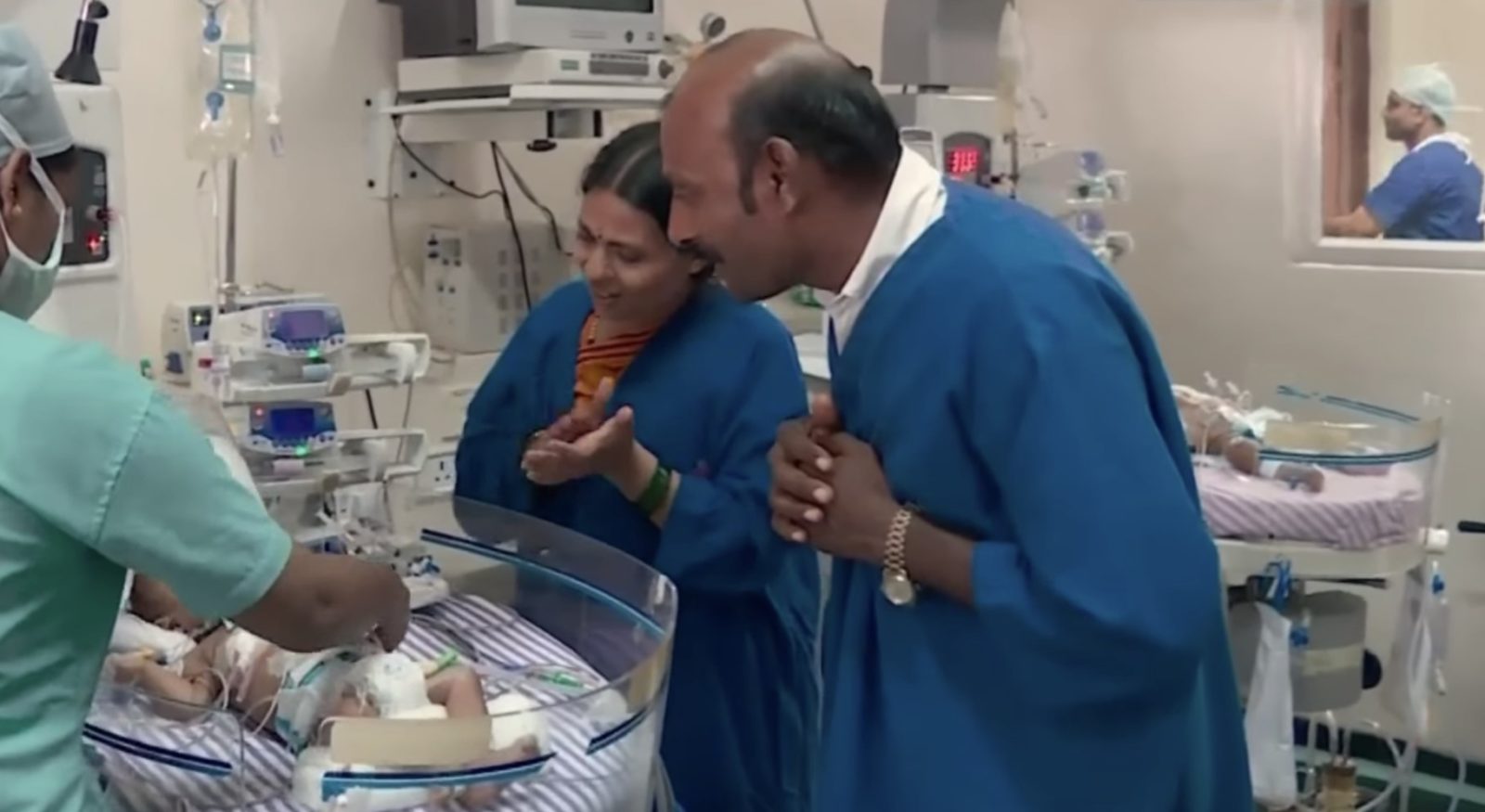
Anywhere from 25 to 35 open heart operations are performed in the theaters here every day, many on babies, making this by far the largest cardiac care facility in the world.

